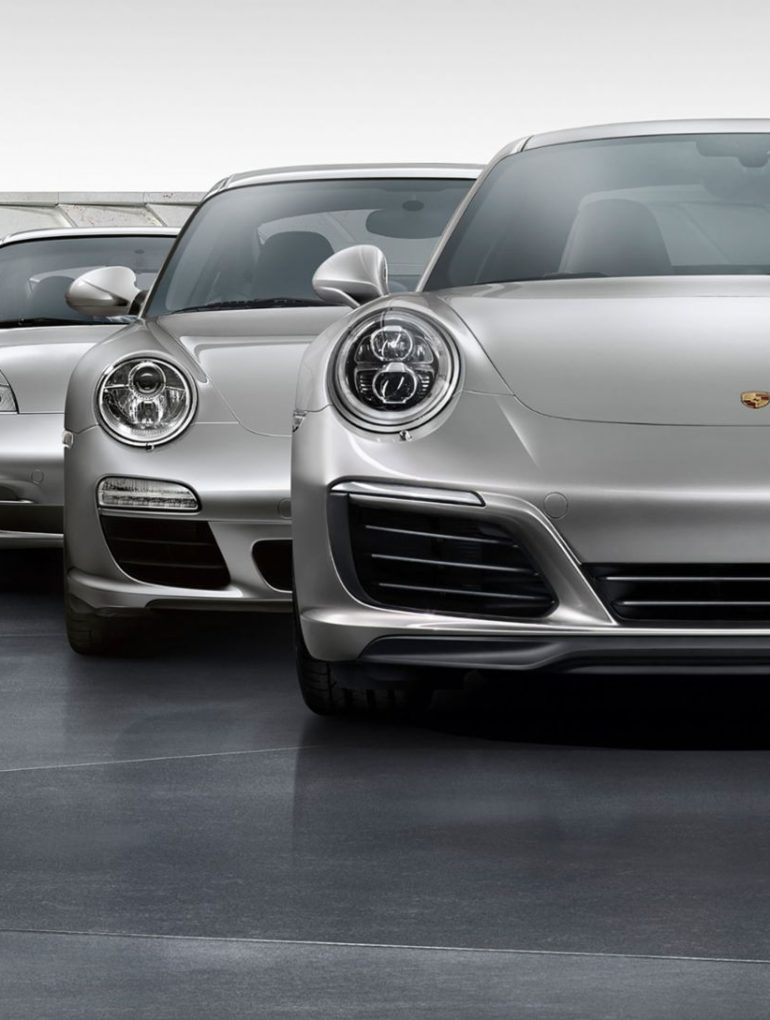In August, Porsche unveiled the 911 S/T supercar, the latest iteration of the iconic 911 nameplate. The car earned rave reviews, with some motoring journalists even touting it as the best modern 911 yet. Similar sentiments followed the release of the 911 (992) GT3 RS launch in 2022 and the 911 (992) GT3 in 2021.
It is a testament to how Porsche has been able to consistently elevate the driving experience of its most popular sports car offering. It is no mean feat, especially considering that the Porsche 911 has been around for six decades with countless model variants (seriously, can you count them all?).
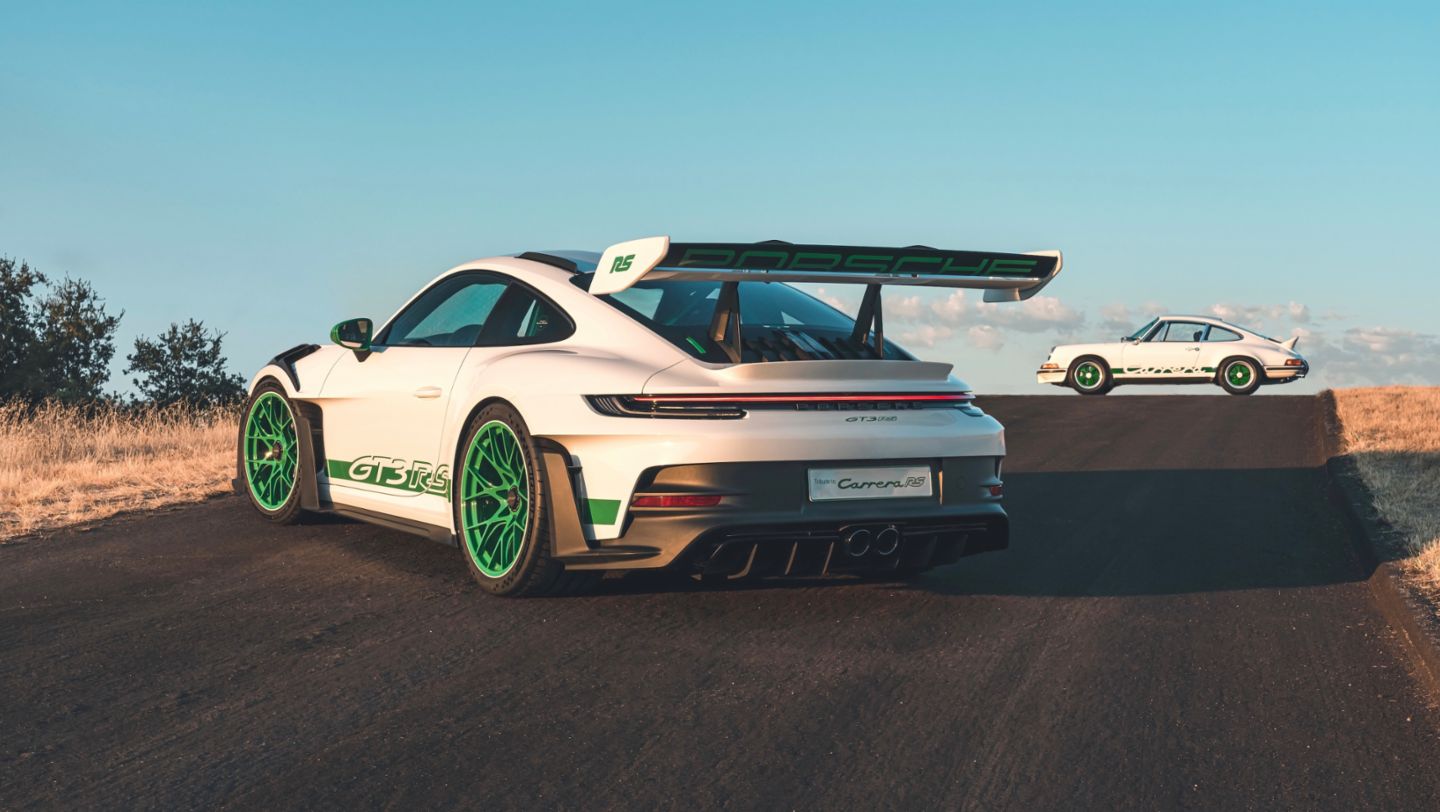
The Porsche 911 is undoubtedly an enduring symbol of style and performance. However, after eight generations of the 911 supercar and in the light of a rapidly evolving automobile landscape, one can’t help but wonder about Porsche’s overall game plan for its beloved performance vehicle. At what point will the German carmaker stop milking the Porsche 911 and channel its efforts into raising another cult icon? Will that ever happen, or will the Porsche 911 simply morph into other forms, perhaps a hybrid or even EV, at some point in the future?
The Porsche 911 – A timeless machine
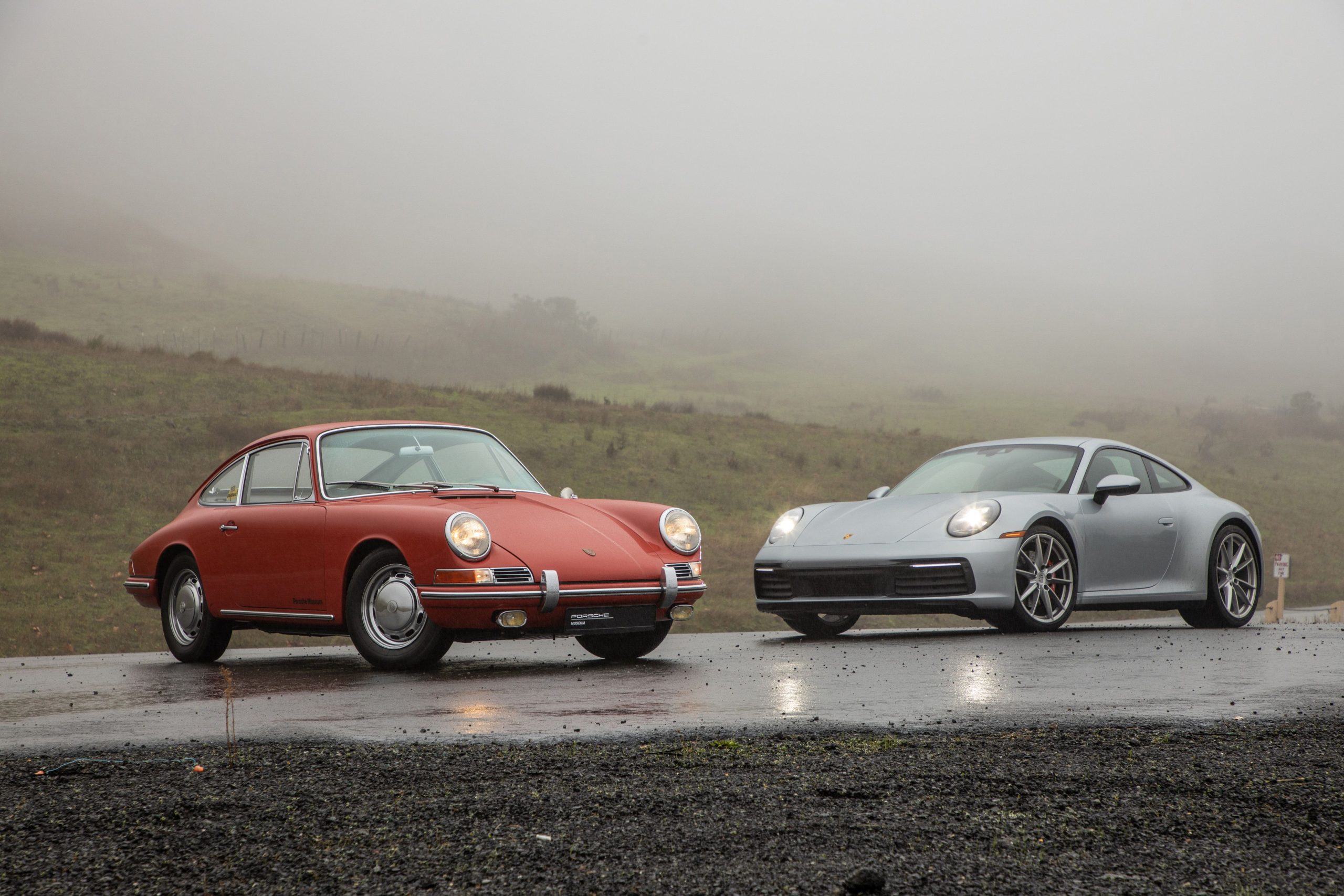
The Porsche 911’s story, repeated many times now, is one of the greatest supercar success adventures. First introduced in 1963, the car actually entered production the following year as the 901. A total of 82 vehicles had reportedly rolled off the assembly line before Peugeot protested the use of the ‘901’ name. The French Carmaker argued that it had exclusive rights to car names formed by three numbers with a zero in the middle.
Porsche subsequently changed the car’s name to 911, and the rest, as they say, is history. Ferdinand Porsche, son of the company founder, led the team that designed the first-ever Porsche 911. The rounded profile was built around an air-cooled flat-six engine in place of the four-cylinder engine of its predecessor, the 356. The car had about 130 hp, accelerated to 62 mph in 9.1 seconds and had a 130 mph top speed.
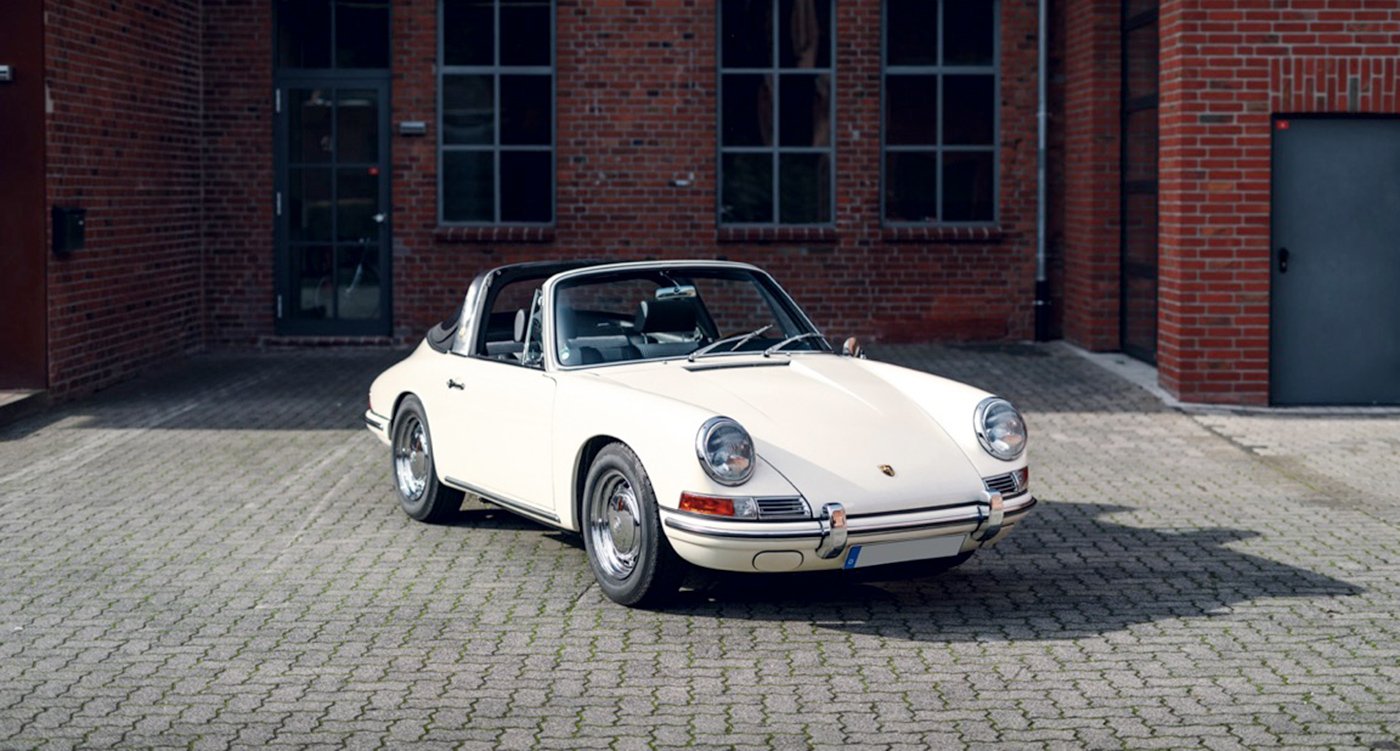
The launch was a success, encouraging Porsche to be even more adventurous with the 911. In 1966, the 911 S and 911 Targa models were introduced. This was followed by the T, E and S variants in the late ’60s. Porsche was the first German manufacturer to comply with the strict US exhaust emission control regulations, allowing the 911 to make inroads in a major international market.
Important milestones have marked the Porsche 911’s journey to the present time. A notable one was the addition of turbocharging, with its first 911 Turbo (930) unveiled at the 1974 Paris Motor Show. Another significant evolution involved the switch from air-cooled engines to the water-cooled option in 1997. With the 911 Carrera RS 2.7, the Porsche 911 also became the first production vehicle with a rear spoiler incorporated into its design.
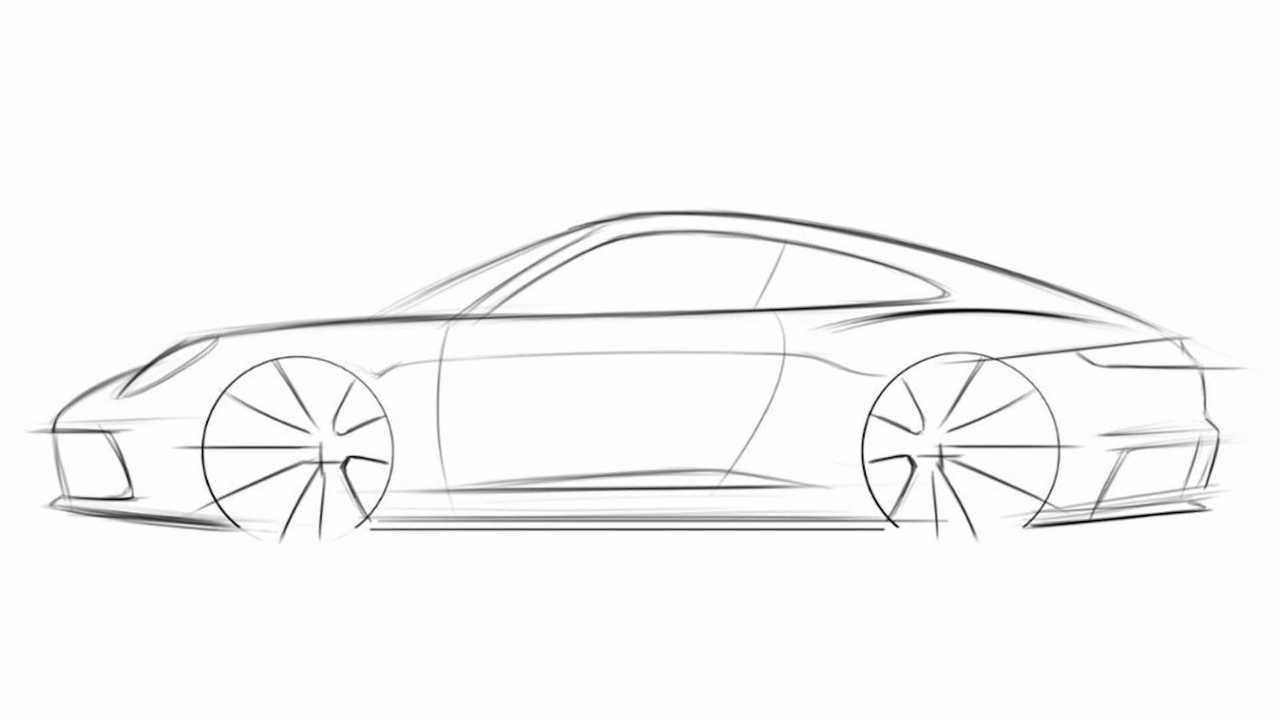
Impressively, Porsche has largely been able to stick to the 911’s basic silhouette from inception till date. It’s hard to miss that ‘fastback’ profile, an unbroken convex curve from the roof to the rear bumper. There are no extreme angles, just soft edges and curves. No other car has managed to pull off such a minimalistic look quite like the 911. It’s a significant factor in the 911’s overall appeal and timeless appearance.
Working the 911 Magic
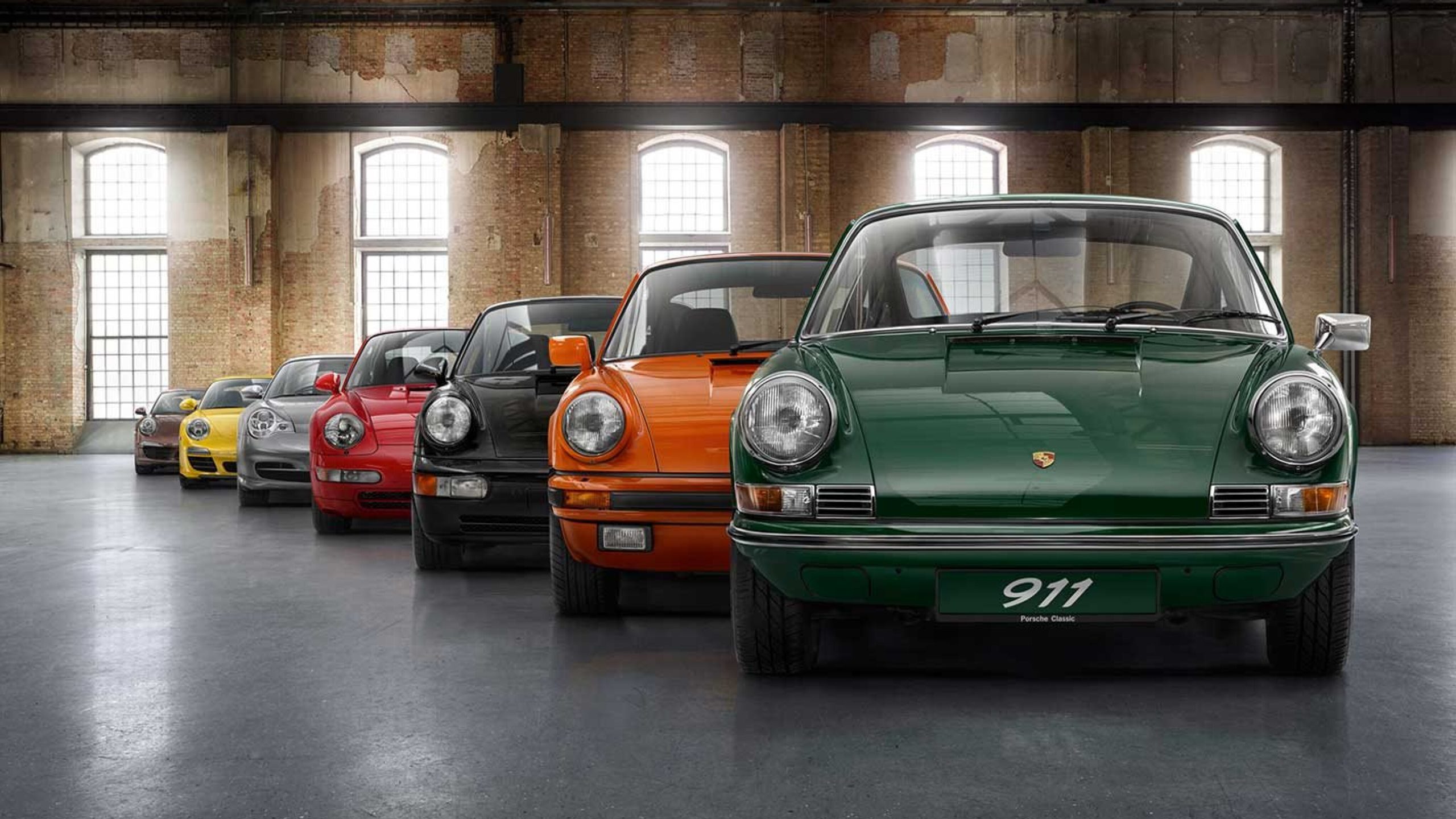
In May 2017, Porsche celebrated the production of the one millionth 911. It was a 911 Carrera S (991 gen) finished in Irish Green. Today, that number has risen past 1,200,000 vehicles, underscoring the fact that the 911 is one of Porsche’s most successful models.
In 2022, the Porsche 911 ranked third, only behind the Cayenne and Macan SUVs in total sales. A record 40,410 911 sports cars were sold, almost 6,000 units more than the Porsche Taycan EV.
The German carmaker is well aware of the 911’s commercial potential and is perfectly positioned to exploit the car’s popularity. Check out Porsche’s US website today, and you will find as many as twenty-six different Porsche 911 models (excluding Porsche 911 race cars). Twenty Six!
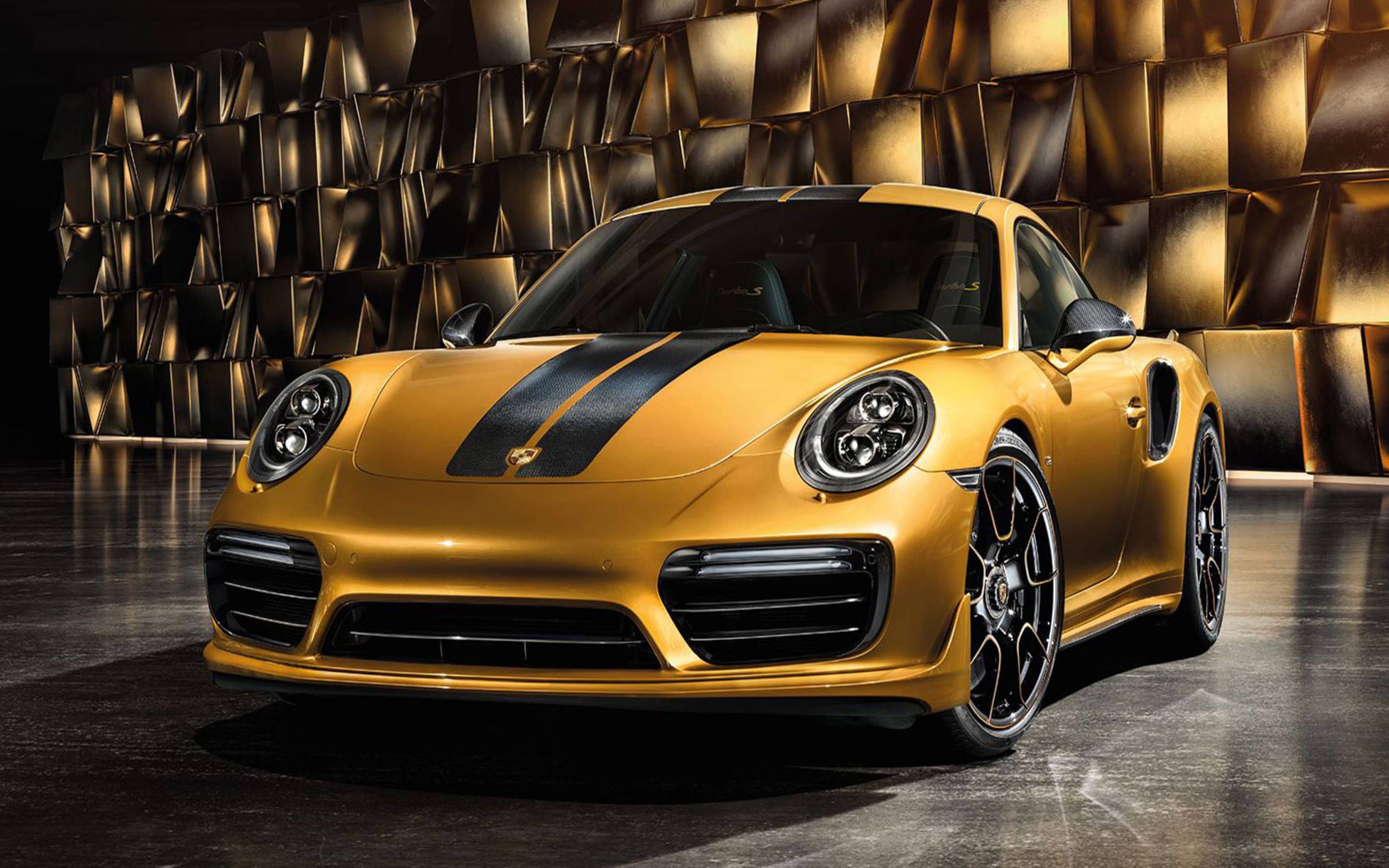
This is in addition to Porsche’s Exclusive Manufaktur program, which offers a wide range of customization options for each model. There is something for almost every customer category shopping for a performance vehicle. It is a multi-prong approach that allows Porsche to spread out its net, capturing as much of the sports car market as possible.
It would be hard to fault the automobile giant for this market strategy, and they are not alone. Lamborghini typically has about four or five variants of the Huracan in its lineup at any point in time. The Italian carmaker would introduce a new Huracan model every year to refresh its most successful supercar lineup and keep demand strong.
As much as sports car manufacturers like to talk about passion, brand integrity and driving excellence, they are still commercial business concerns that need to make money. This is especially important where there are shareholders involved.
For Porsche, it makes perfect sense to extract every value it can obtain from its ‘golden goose,’ even if that means fielding an array of over twenty 911s at the same time. Porsche purists would swear each one drives differently. That is open to debate, but one thing is sure: having such a diverse 911 portfolio has worked for Porsche so far. It’s hard to see the carmaker changing that approach anytime soon.
Looking ahead for the Porsche 911
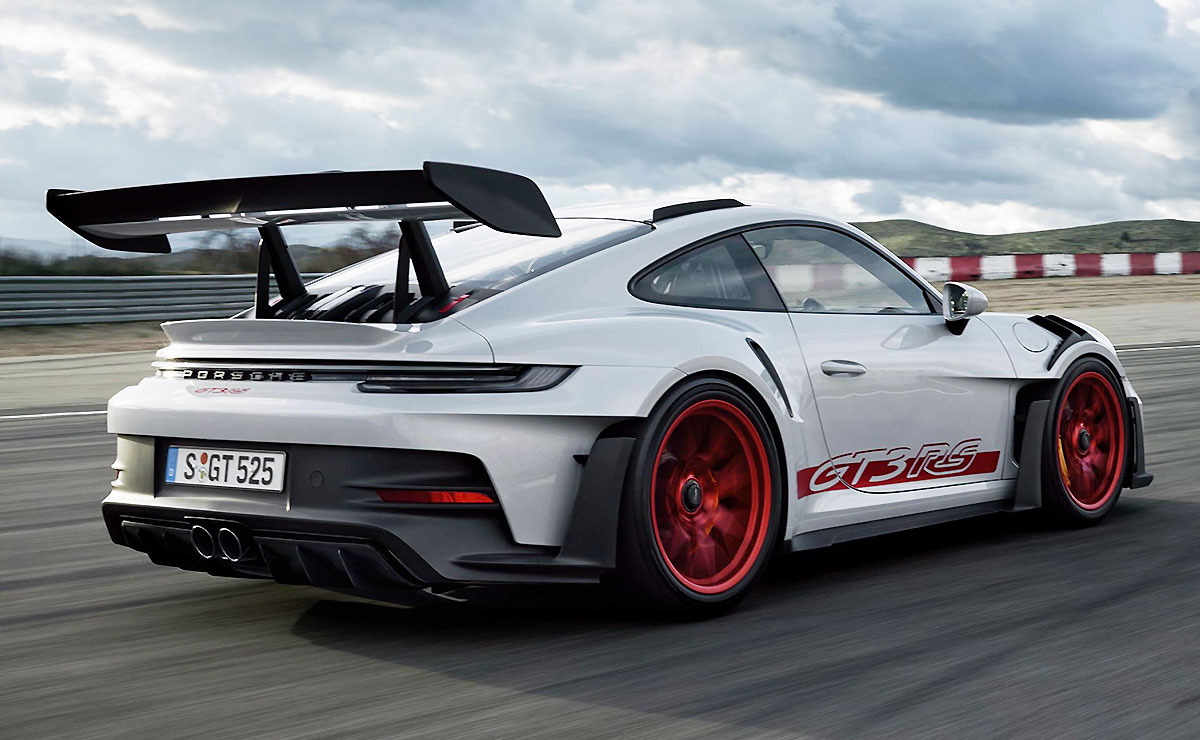
The automobile sector has been caught up in a wave of electrification for years now. An increasing number of carmakers are making the switch from pure combustion to hybrid and all-electric powertrains as they pursue a smaller carbon footprint for their vehicles.
Porsche is no exception. Its broad strategy is to gradually electrify its vehicle lineup so that EVs make up 80% of its sales by 2030. The carmaker’s lineup currently includes the Taycan EV and a slew of hybrid models. The Taycan EV will soon be joined by the Macan EV, which will then be Porsche’s first all-electric SUV. The 911’s younger sibling, the 718, is also getting an EV variant expected to debut in 2025.
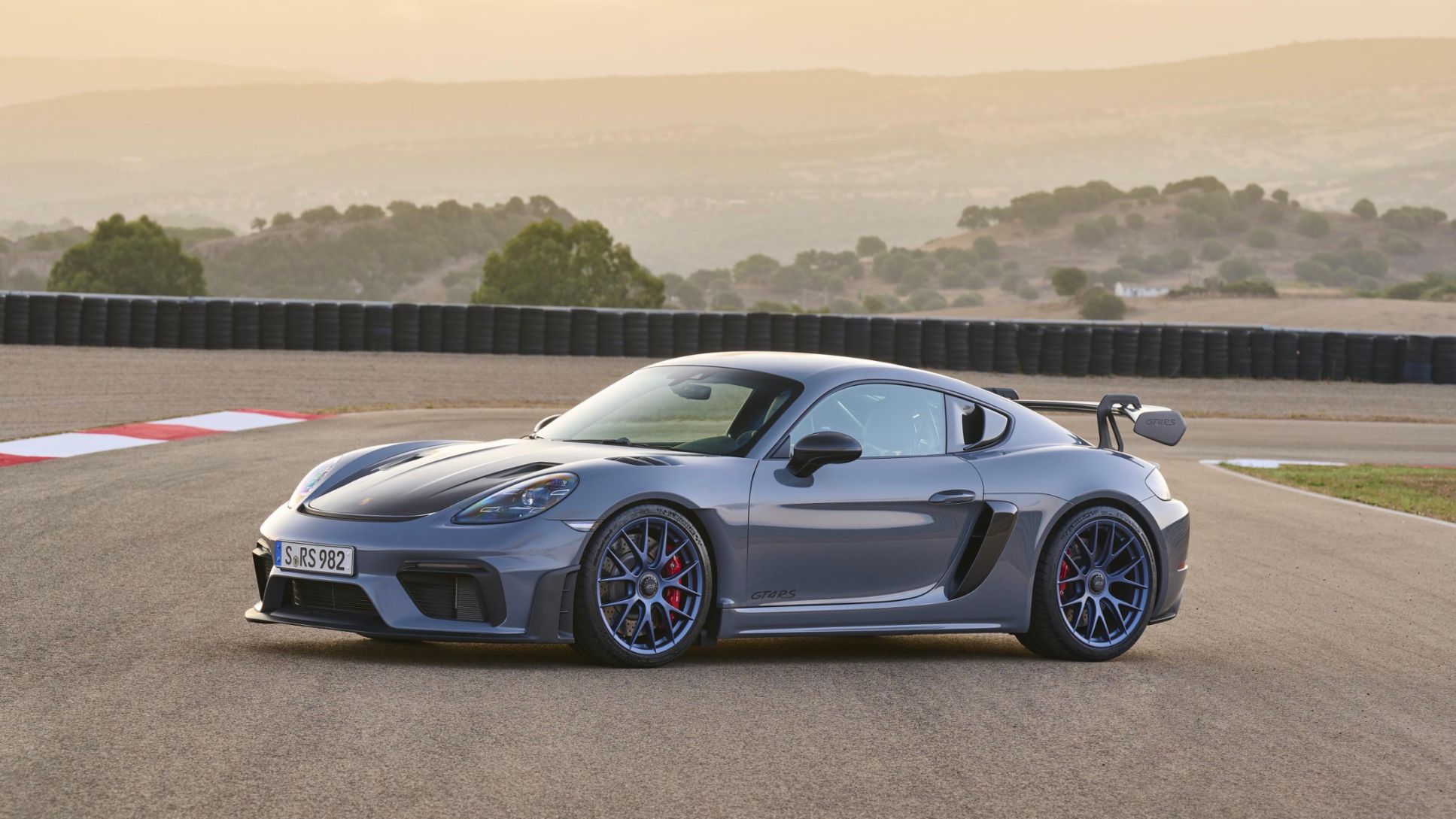
The picture is a little different for the 911, though. In July 2023, Porsche e-fuels team leader Karl Dums said, ‘We will produce the 911 as long as possible with a combustion engine.’ By 2030, the Porsche 911 will, in all likelihood, be the carmaker’s last ICE offering. This does not mean the 911 will not be electrified at some point in the future, though. Porsche has already confirmed plans for a future 911 with a hybrid powertrain of some sort.
However, the carmaker appears to be reluctant about going all out with a Porsche 911 EV. Keeping the Porsche 911 as an ICE-powered sports car will help differentiate it from the 718, which will eventually go all-electric. It’s a move that could help preserve the sales figures of the 911.
The reluctance could also be from a sentimental viewpoint, and it’s one that will delight Porsche purists. In March 2021, Porsche CEO Oliver Blume declared, ‘The 911 is our icon.’ He also stated that the 911 would be kept with a combustion engine for as long as possible. It is not unreasonable to expect that the 911 would be the last Porsche to be fully electrified – and that’s if it ever happens.
So, what is the writer’s opinion?
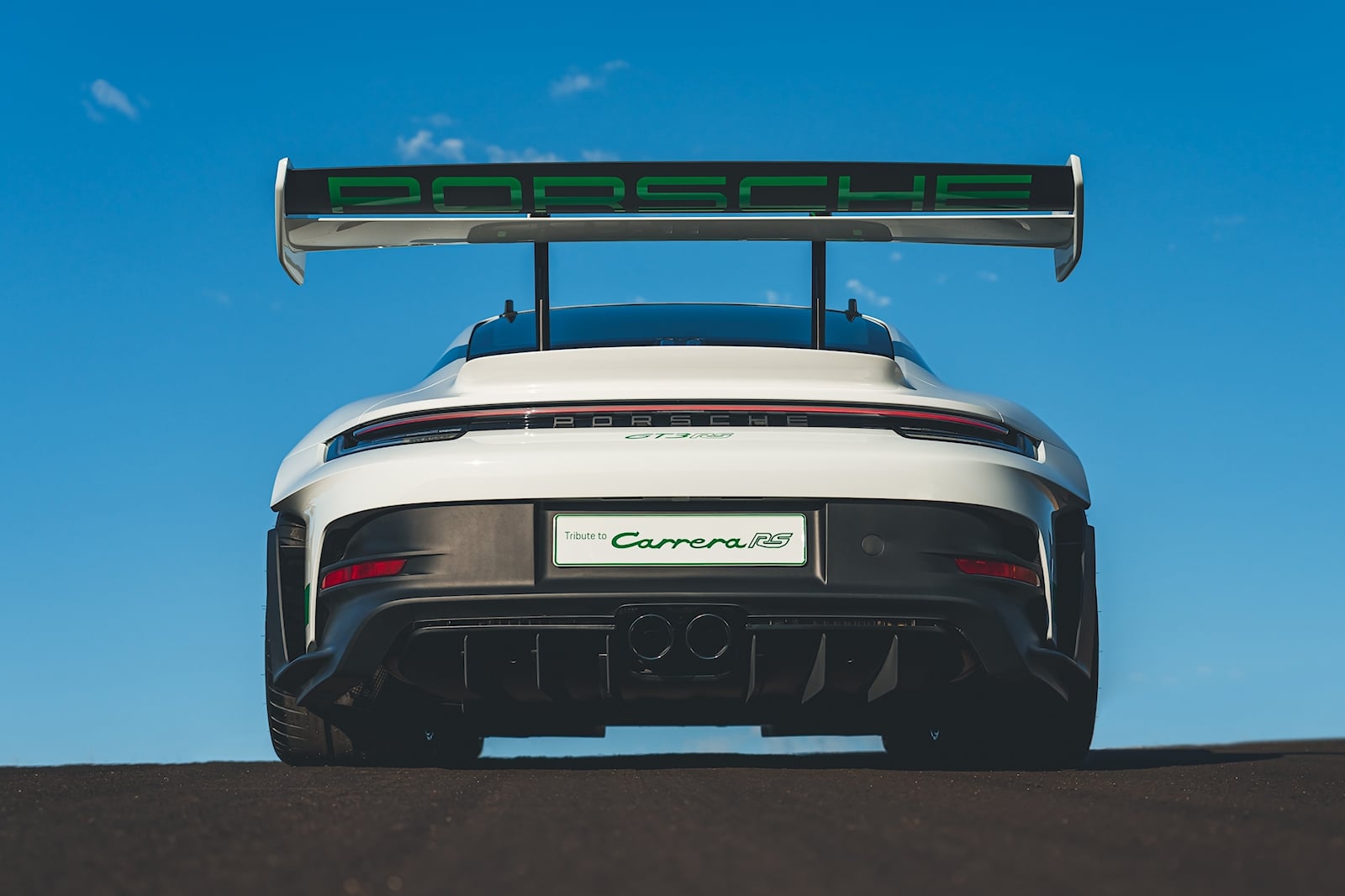
It’s simple, really. Will Porsche ever stop milking the 911 supercar? The answer is no, at least based on current evidence. However, there is a possibility that Porsche will be going fully electric at some point in the future.
If and when that happens, the decent option would be for Porsche to retire the 911 nameplate and look towards raising another flag bearer for a new chapter. Doing so would help preserve the legacy of the legendary 911, undoubtedly one of the greatest performance cars of this century.
The German carmaker might even decide to release one final edition, commemorating the end of the Porsche 911’s memorable run and ensuring the 911 bows out on a high. Of course, there will be a strong temptation to produce a 911 EV; financially, there might be some logic to that approach. We can only hope Porsche allows sentiment to overrule financial sense, just this once.


